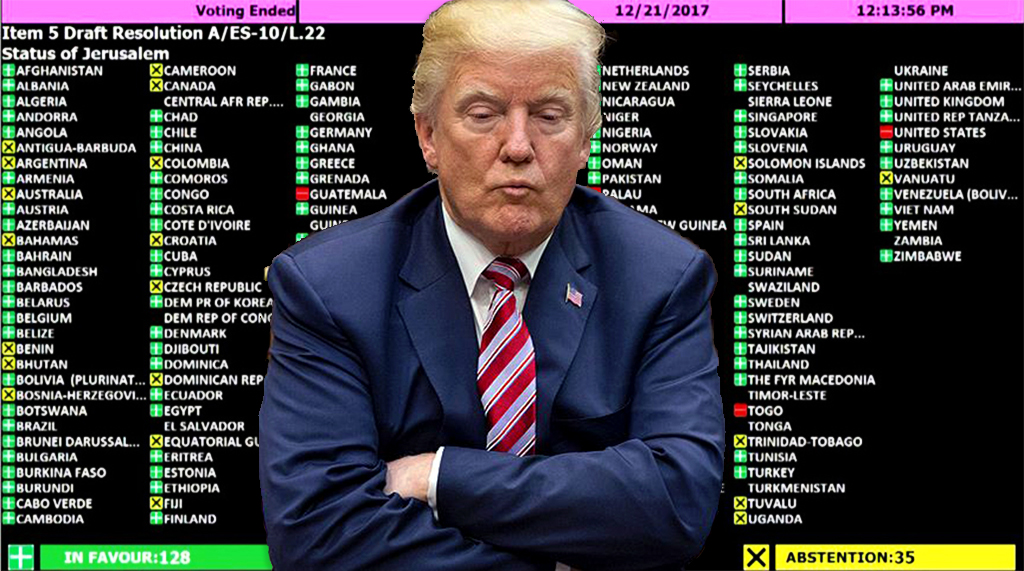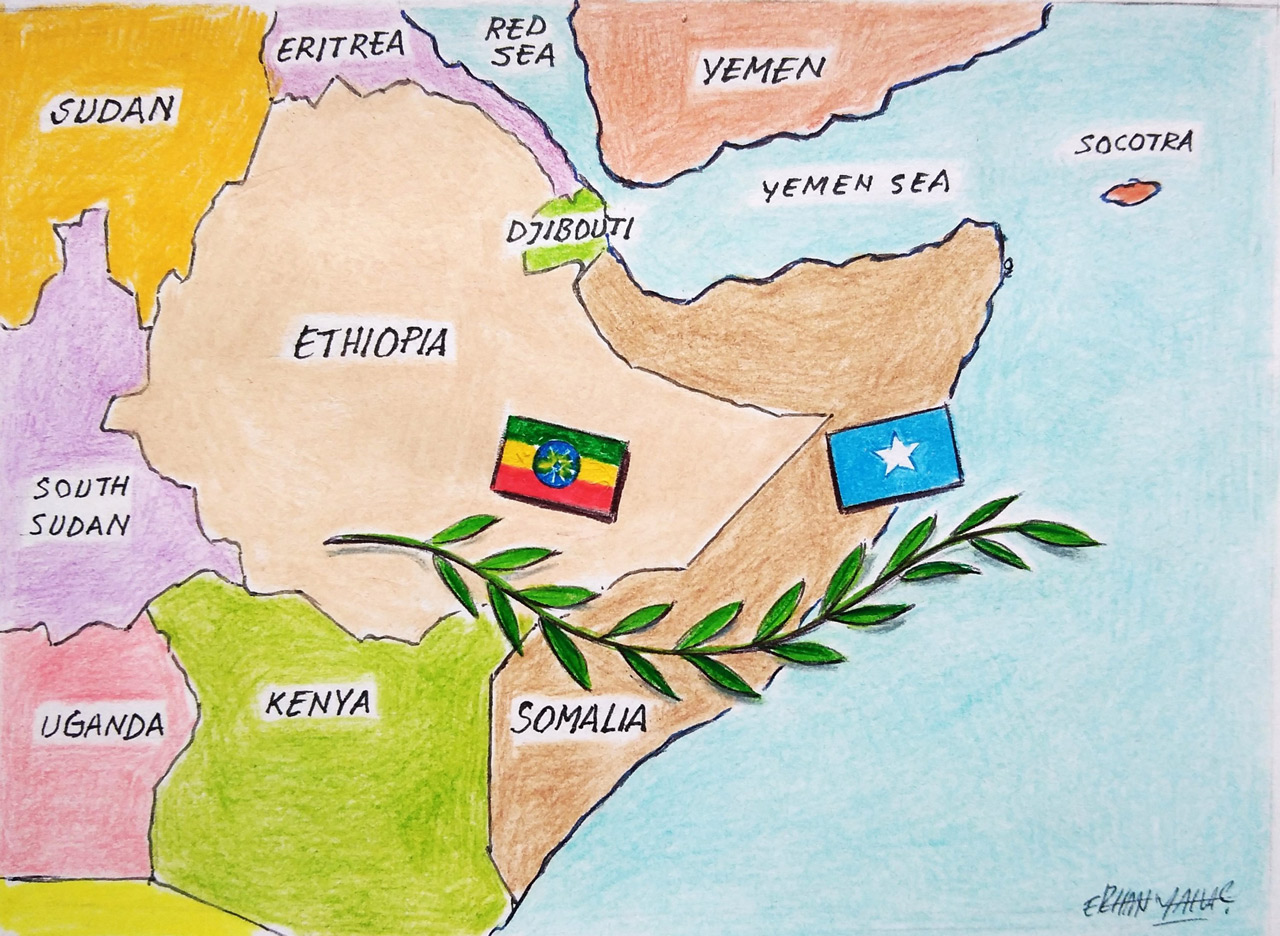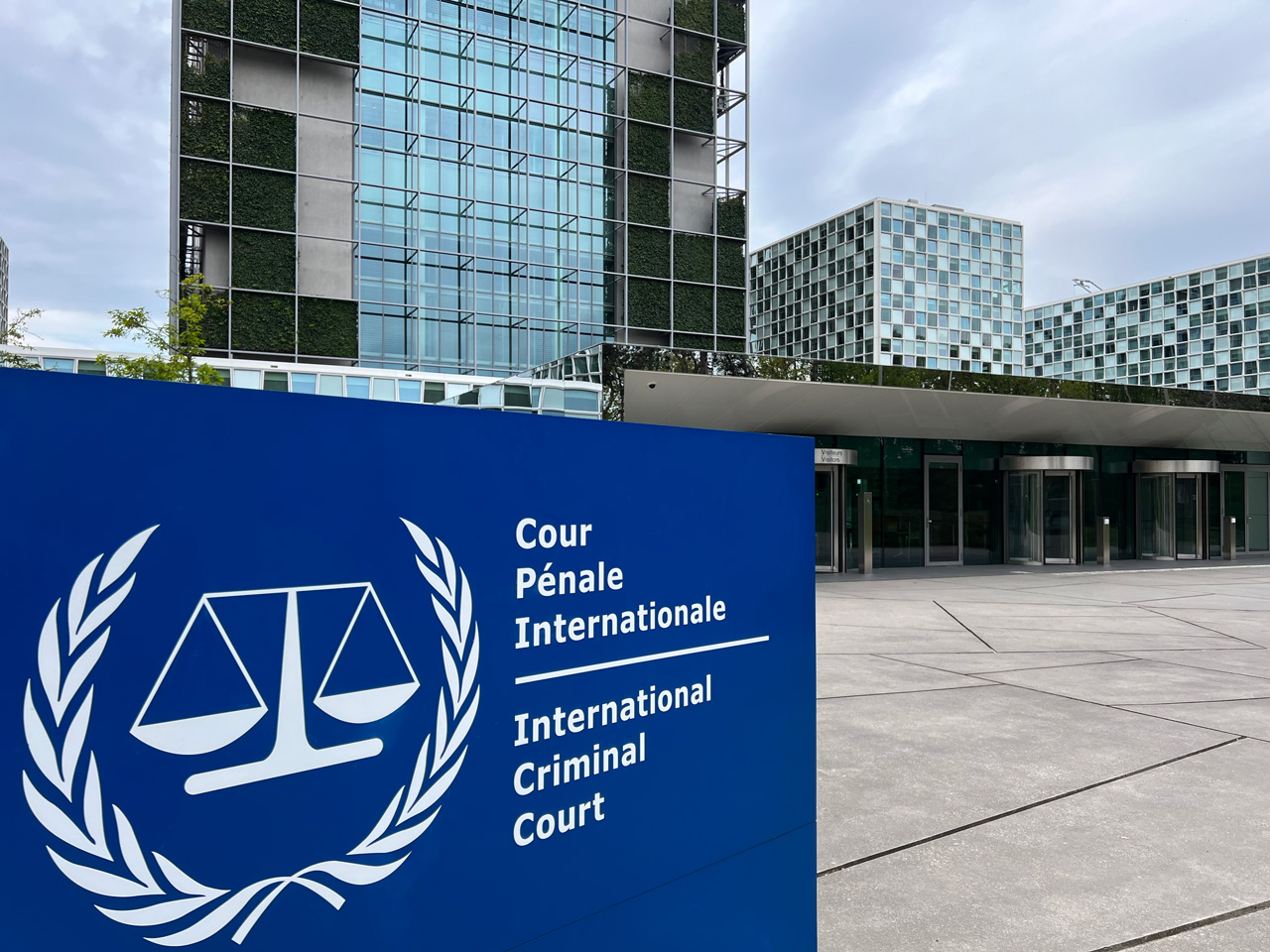
US unilateralism hits the wall in al-Quds
Although the U.N. General Assembly decision is legally non-binding, the wide scope of global opposition to the U.S. on the status of al-Quds indicates a heavy loss of prestige and legitimacy for Washington, which could translate into a loss of effectiveness in foreign policy making on the Middle East.
Share
It seems the recent antics of U.S. President Donald Trump and Co. in the Middle East around the critical issue of al-Quds (Jerusalem) will bring down the new wave of American unilateralism earlier than many expected. Representing a radical departure from its traditional post-World War II posture, the U.S. under Trump has been rapidly withdrawing from all the systemic responsibilities required from a conventional hegemon. Plus, a new foreign policy arrogance reflecting empire-like behavior based on unilateralism, threats and actual use of hard-power, greater interventionism in domestic politics of allies and ideological toughening continued around the iron core in the Pentagon. Profound policy zigzags in the Qatar crisis, the Democratic Union Party's (PYD) status in Syria, palace wars in Saudi Arabia and the Kurdistan Regional Government's (KRG) independence referendum in northern Iraq were somehow tolerated, but the hasty declaration claiming that al-Quds is the capital of Israel and encouraging all countries to move their diplomatic missions there against numerous U.N. resolutions was a total non-starter. While trying to please the Zionist and Evangelical lobbies in the U.S. for domestic political gains, Trump and his entourage took the most profound step, which would undermine the image of the U.S. as a benevolent global power and mediator for peace.
It was a lost cause from the beginning. They first announced a declaration that contradicted previous U.N. resolutions, the international consensus on the status of al-Quds and even previous decisions adopted by the U.S. To make things worse, they tried to bully the whole international community to accept their unjustified and biased position in favor of Israel by bluntly using political and financial threats. This was certainly not the way in which a global hegemon wanting to acquire widespread consent and pursue its interests in relative stability would act. The outcome at the U.N. General Assembly was not surprising at all. The resolution sponsored by Turkey as the term president of the Organisation of Islamic Cooperation (OIC) and Yemen on behalf of the Arab League criticizes the Trump administration and calls on the U.S. to withdraw its decision to recognize al-Quds as the capital of Israel. It was approved with the support of 128 countries against only nine opposed. The fact that even the best-known strategic allies of the U.S. such as the U.K., Canada and Australia could not support the untenable American position showed the grave extent of global isolation that the clique of Trump and his son-in-law and senior advisor Jared Kushner brought to U.S. foreign policy.
Although the U.N. General Assembly decision is legally non-binding, the wide scope of global opposition to the U.S. on the status of al-Quds indicates a heavy loss of prestige and legitimacy for Washington, which could translate into a loss of effectiveness in foreign policy making on the Middle East. Unrefined unilateralism and bullying certainly do not work in the current multi-polar world with interdependence, emerging powers and complex alliances. Instead, actors such as Turkey, which consistently address the conscience of the global community by underlining principles of international law, justice and respect for differences increase their effectiveness. The able diplomatic leadership of Ankara on the issue of al-Quds under Erdoğan's coordination first at the OIC and then at the U.N. clearly affirmed this. Peace in Palestine and al-Quds requires refined, peaceful, balanced and respectful negotiations among the main parties with the support of legitimate international mechanisms rather than fait accompli decisions and unilateral bullying.
Empowering Women in the OIC
Last week, I had the privilege to participate in the "International Workshop of Institutions Working to Improve the Status of Women in the Muslim World" on behalf of the Research Centre for Islamic History, Art and Culture (IRCICA) at the OIC Secretariat in Jeddah, Saudi Arabia. The workshop was extremely informative and enlightening thanks to numerous presentations concerning the participation of women in politics, economy and social life in Islamic countries. Concrete policy proposals were also raised to alleviate existing problems and improve women's contributions across these areas. Family and Social Policies Minister Fatma Betül Sayan Kaya and the chairwoman of the OIC's Consultative Women Council, Esra Erdoğan Albayrak, also took part in the workshop and held a separate council meeting afterward. Such meetings are vitally important given the grave difficulties that women face in OIC countries and the need to raise their levels of education, living, employment and representation. Active participation of Albayrak, who is married to the energy minister and is one of Erdoğan's daughters, into the diplomatic processes concerning women is also to be commended.
[Daily Sabah, 22 December 2017]
Tags »
Related Articles






